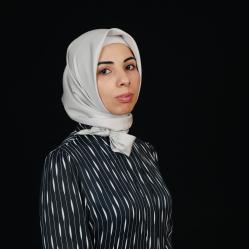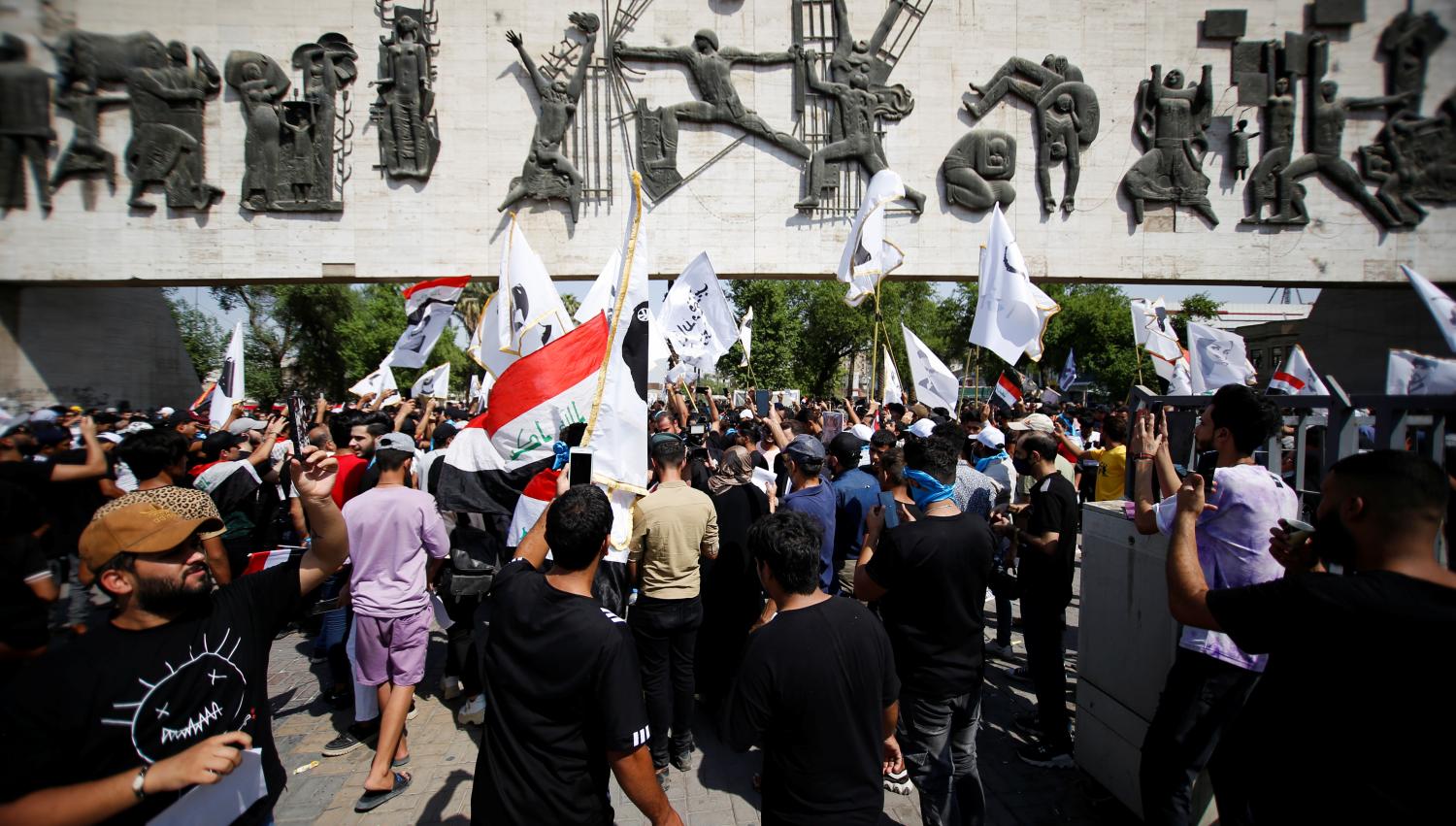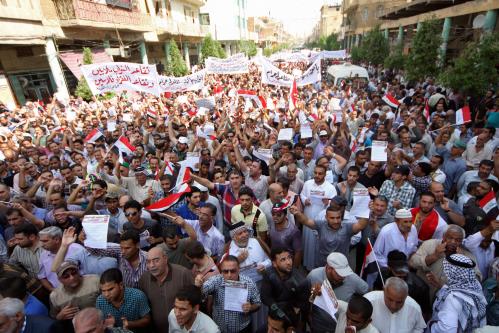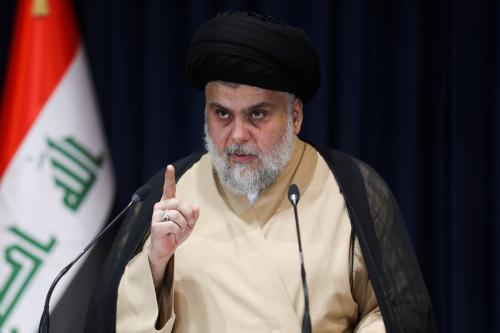EXECUTIVE SUMMARY
Iraq has witnessed several protest movements in recent history, many of which have been explicit about their desire for a “civil state” (al-dawla al-madanīya) or even a secular state, which separates the religious realm from the political realm. Paradoxically, however, the latest youth-dominated protest movement (which took place from October 2019 to February 2020) looked toward the Shia religious establishment, the Marjayya, for support and legitimation. At the same time, these civil society activists and protesters advocated for a secular or civil state. How can their political goals be reconciled with their desire for recognition from a religious institution?
In this report, I present three complementary explanations for the protesters’ position. First, I argue that Iraqi protesters have developed and defined their stance on “secularism” and the “civil state” based on their rejection of the Islamist parties that have misruled Iraq since 2003. In other words, they advocate for a separation of religion and politics, and less so a separation of religion and the state. Second, although the Marjayya presents itself as being non-interventionist in politics, it has historically played a (mainly mediative) role in protest movements. The 2019 protest movement was no exception, as the Marjayya advocated for a resolution through existing political institutions, all while emphasizing the right to peaceful protest. The Marjayya’s name had been smeared by its assumed association with Islamist parties, and its positive reaction to the protest movement protected it from further reputational harm and was accepted by the protesters. Finally, civil society leaders recognized the value of clerical support and consciously decided to have allies among the clerics.
However, the arguments presented in this paper reflect the positions of mainly middle-and-upper-middle-class activists, and not of the working-class protesters. This research bias is mirrored in much of the analysis on the protest movement, which takes the experience and opinions of the most visible and public-facing activists as representative of the whole movement. Policymakers and analysts sometimes underestimate the complexity of class and religion in Iraq and future research should take note of this.
-
Acknowledgements and disclosures
I am grateful to the Iraqi activists and protesters who spoke to me about their views. I am also grateful to the anonymous peer reviewers for their thoughtful and meticulous feedback and advice. Many thanks to the Brookings Foreign Policy team for support and feedback in the process (especially Suzanne Maloney, Natan Sachs, and Shadi Hamid). Finally, I am grateful to Ted Reinert for editing this paper multiple times and Rachel Slattery for providing layout.





